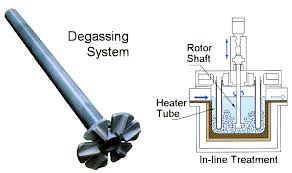
18 4月 Aluminium Degassing Methods
Aluminium Degassing Methods
The deaerator is special necessary purification equipment for the non-ferrous metal casting industry.
The alias is called: aluminum water slag removal machine, refining deaerator, dehydrogenation machine, aluminum liquid purifier, aluminum water dehydrogenation machine, aluminum alloy refining deaerator, dehydrogenation machine, aluminum liquid deaerator, aluminum water Degassing machine, slag removing machine, fixed aluminum water deaerator, mobile aluminum water deaerator, hoisting aluminum water deaerator, dusting aluminum water deaerator, moving powder degassing and slag integration Machine, aluminum liquid purifier, molten aluminum degassing machine, furnace deaerator, pool type furnace deaerator, melting furnace deaerator, launching furnace deaerator, with transfer aluminum liquid aluminum deaerator, Degassing mixer, melting aluminum purification equipment.
The rotary degassing unit breaks up large bubbles of inert gas into very fine small bubbles by a rotor that rotates at a high speed and sprays an inert gas and uniformly disperses it in the molten metal.
By reducing the diameter of the bubbles, the total surface area of these bubbles increases sharply, which causes more of the surface of the inert bubble to come into contact with hydrogen and impurities in the molten metal to bring these harmful substances to the surface of the liquid.
The flow control into the inert gas of the aluminum liquid can adjust the flow rate of the gas according to the volume of the metal liquid to be treated, and the speed of the rotating rod and the rotor can be adjusted to generate bubbles of an appropriate size to facilitate the diffusion of the inert gas.

Aluminium Degassing Methods
Both argon and nitrogen can be used as inert gas to degas the molten aluminum. The purity of the inert gas must be above 99.99%.
Degassing is the purpose of injecting an inert gas into molten aluminum to remove hydrogen.
Degassing is also considered to be a very effective way to float impurities.
Two main theoretical modes have been proposed to explain the principle of degassing. The macro mode considers that the removal of each impurity is similar in nature. In the microscopic mode, that is, according to this theory, due to the higher vapor pressure of hydrogen, the dissolved hydrogen diffuses into the gas in the injected aluminum liquid. Theoretically, an inclusion having a diameter of 10 microns contacts a bubble and is adsorbed on the bubble, and floats up to the surface of the liquid.


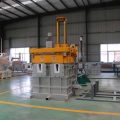

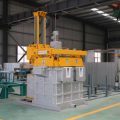
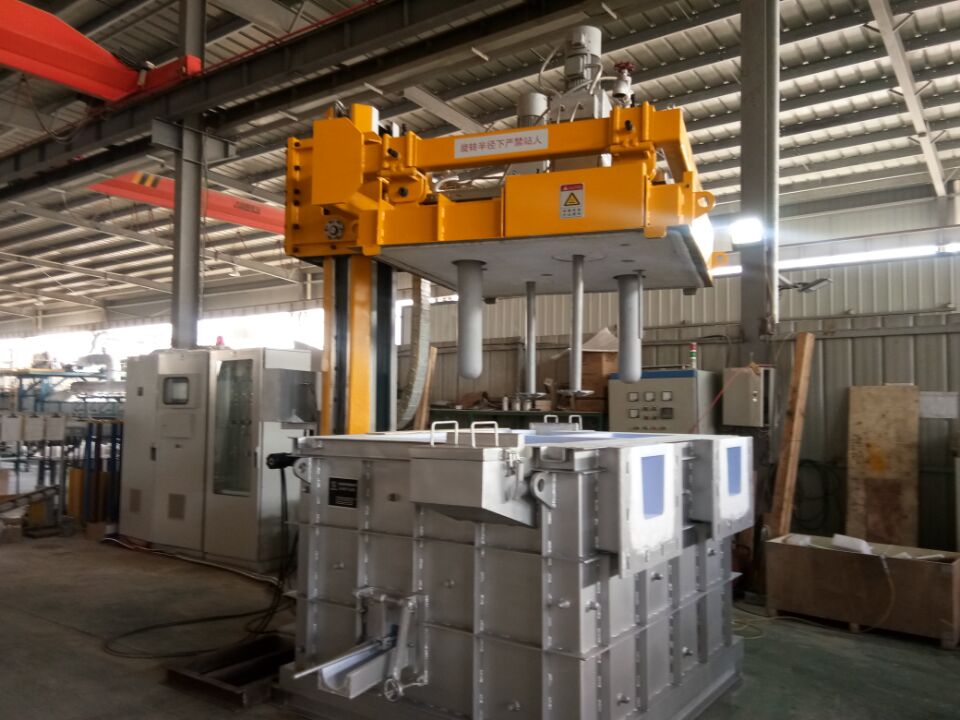
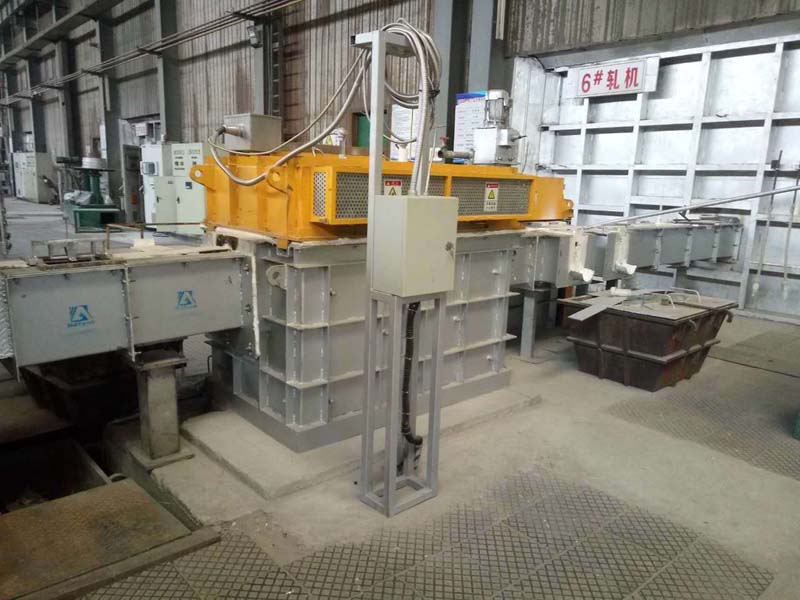

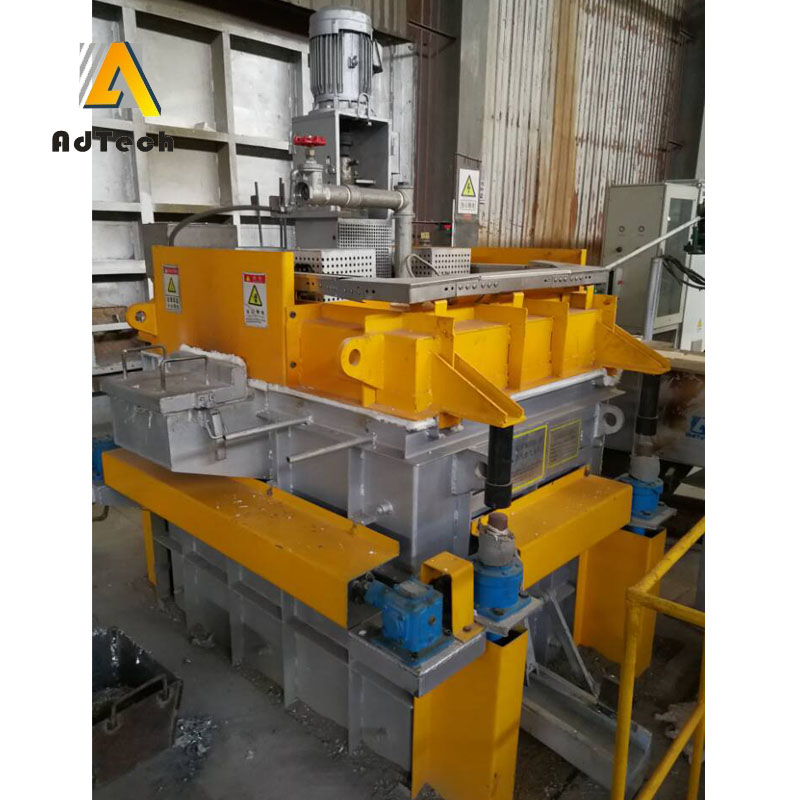
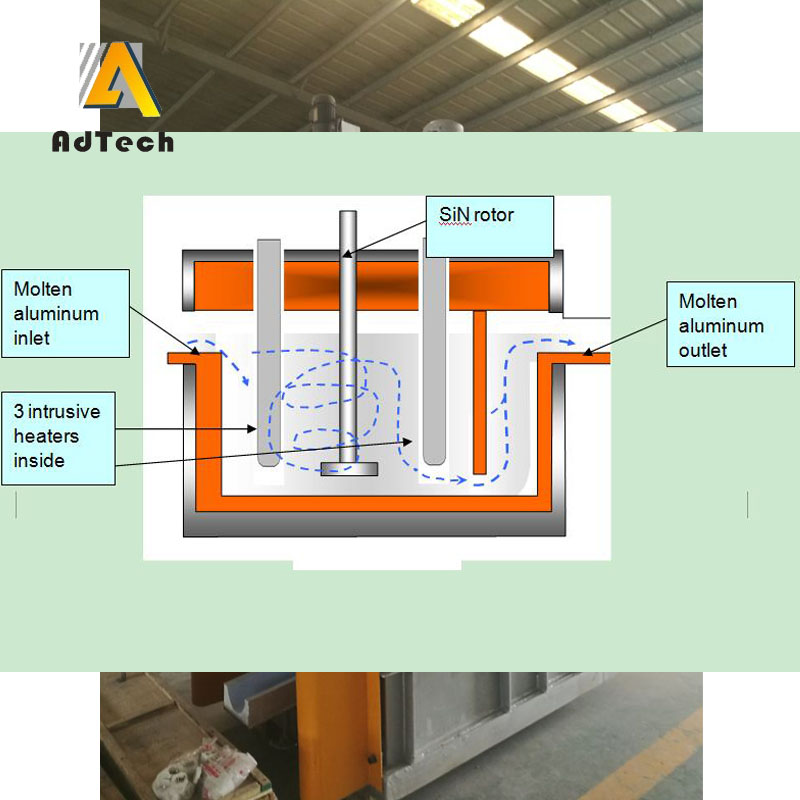
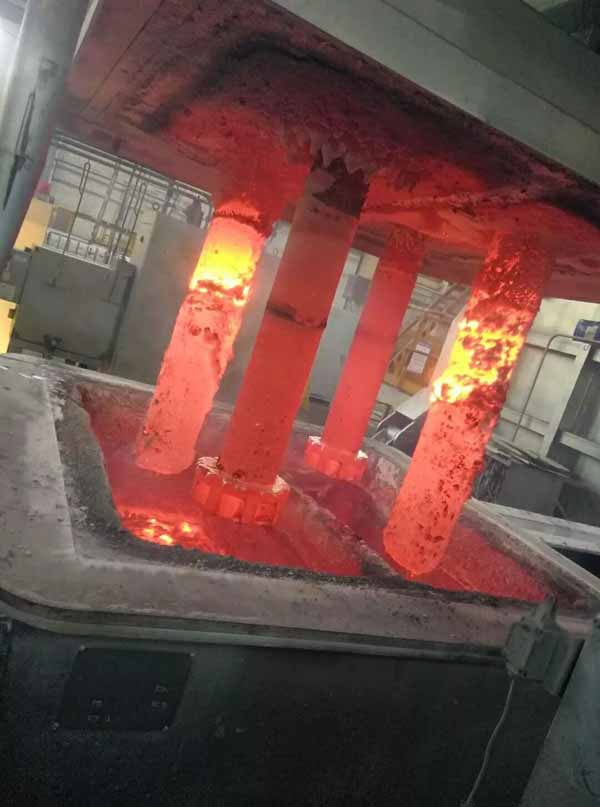
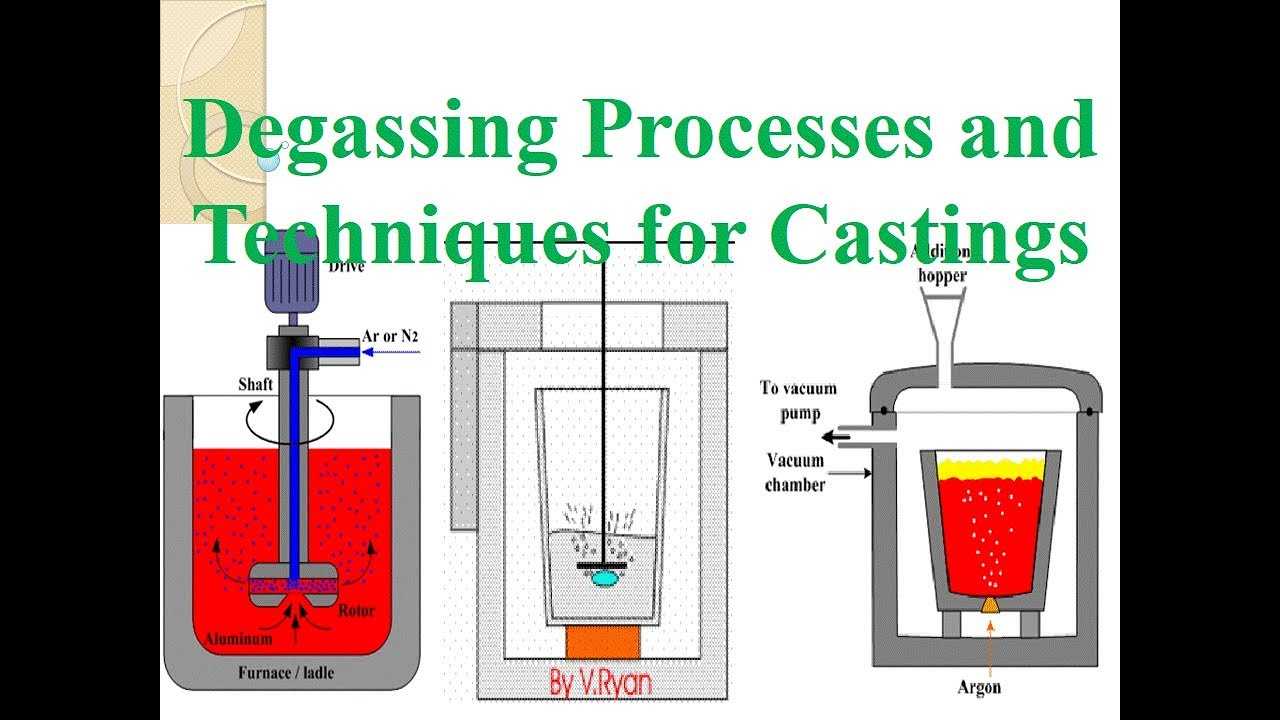
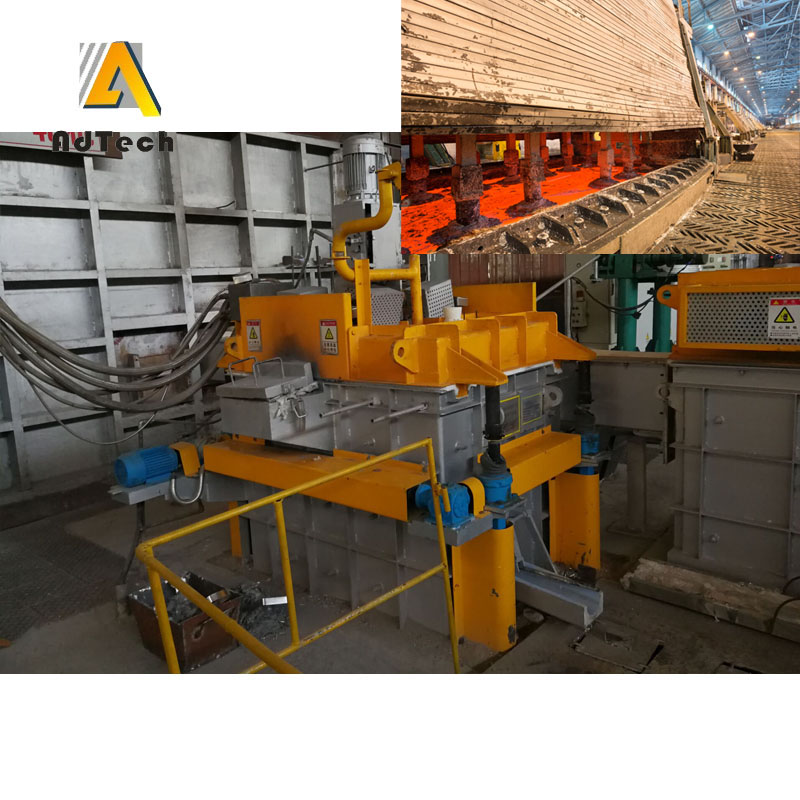
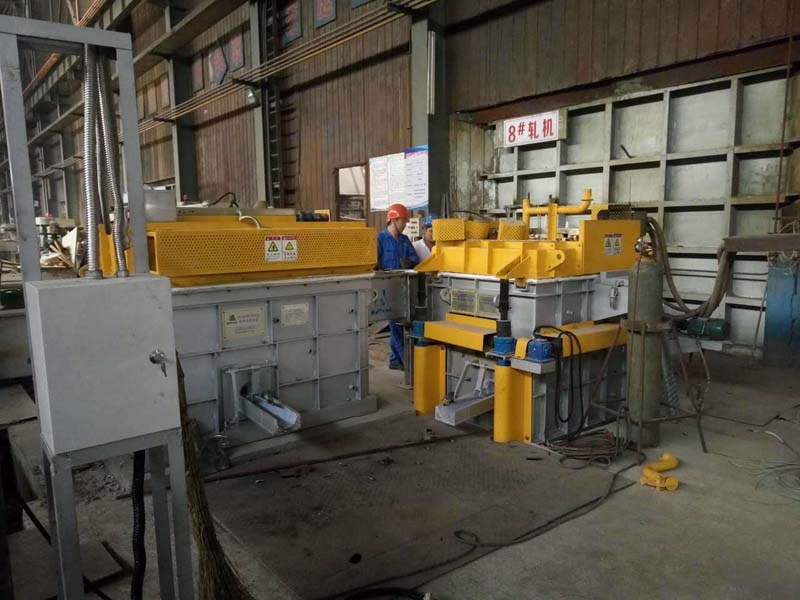
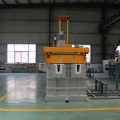
No Comments